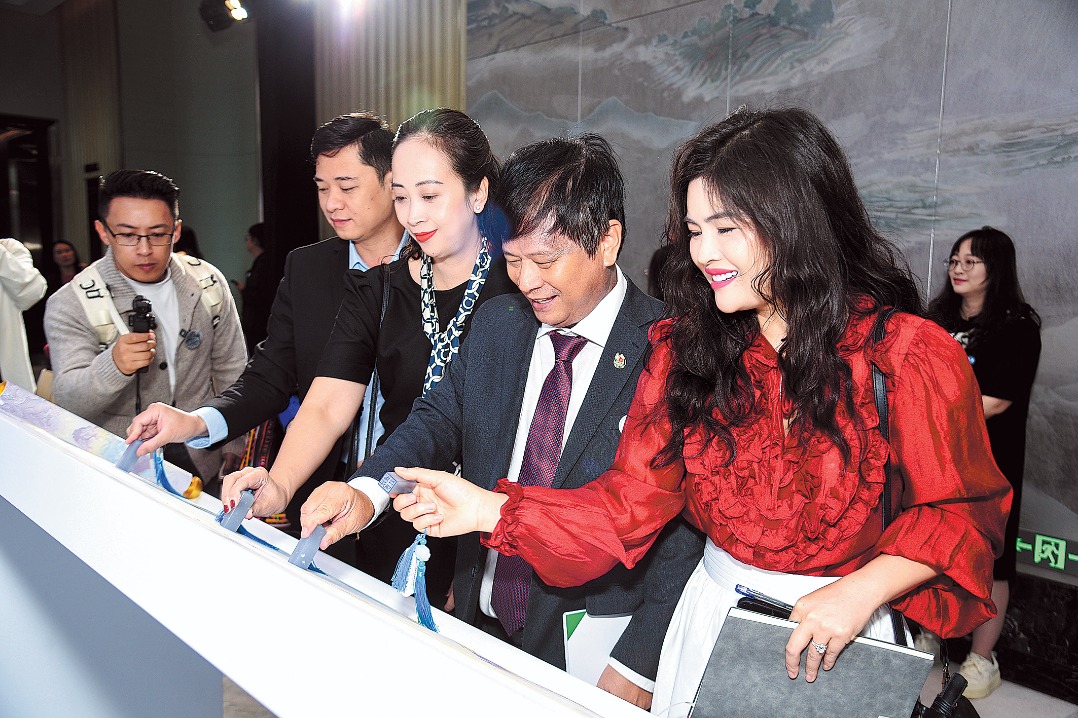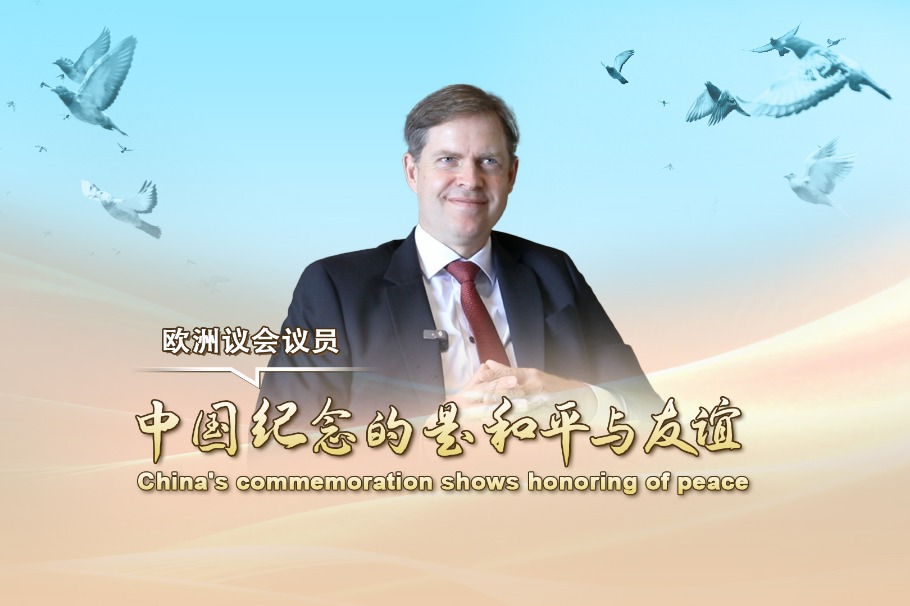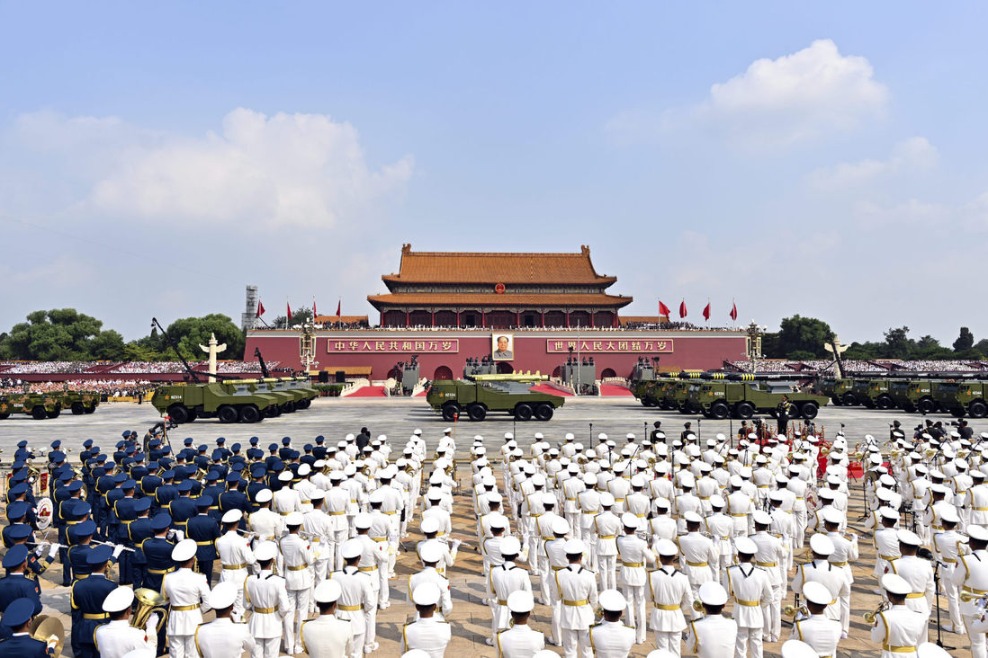Not anti-Western, but strategically distinct


Two recent diplomatic events in China — the Shanghai Cooperation Organization Summit in Tianjin and the commemoration of the 80th anniversary of the victory in the Chinese People's War of Resistance Against Japanese Aggression (1931-45) and the World Anti-Fascist War in Beijing — have generated quite a few commentaries in the international media. Many of these have labeled the two events as being "anti-Western" demonstrations or symbols of a "growing anti-liberal axis".
Yet this interpretation, while understandable for some Western observers in the context of current geopolitical tensions, oversimplifies the nature and intent of the events. Despite featuring prominent leaders who have grievances against the West, neither event was intrinsically designed to undermine the West. Rather, the events reflected China's evolving approach to a main role in global governance.
Chinese President Xi Jinping emphasized the importance of multilateralism, inclusiveness and peaceful development — principles deeply aligned with those of the United Nations.
The Global Governance Initiative he proposed does not advocate dismantling the existing order but reforming it to be more representative and equitable. He quoted an ancient Chinese saying-"Uphold the Great Principle, and the world will follow" — to underline his preference for moral suasion over hard-line confrontation.
China is not building ideological blocs or attempting to force countries into an anti-Western camp.
Instead, it is working to position itself as an indispensable node in a multipolar world, one that does not require binary choices between the East and the West. This nuanced strategy allows Beijing to maintain relations with a wide spectrum of countries, avoiding ideological rigidity and fostering diplomatic flexibility.
This diplomatic balancing act was also visible during the Sept 3 commemoration of the 80th anniversary of the victory in the war of resistance against Japanese aggression and World War II. The military parade, to mark the occasion, was interpreted by some in the West as evidence of a "hostile posture".
Rather than confronting or condemning the West, China staged an event of global significance and left the judgment to international observers. The absence of Western leaders lent weight to the perception, especially in the Global South, that the West no longer holds a monopoly on global moral authority or historical memory.
Some, like the US president, were quick to call the gathering a "conspiracy" against the US.
But such rhetoric rings hollow when one considers that the US president himself once dined with Kim Jong-un, the leader of the Democratic People's Republic of Korea, is reportedly considering meeting him again, and recently invited Russian President Vladimir Putin to Alaska.
The real issue is not whether these leaders meet, but the context of their engagement. While China continues to keep the diplomatic door open, it is the West that increasingly walks itself out of the room.
China's path to modernization and global engagement is sovereign and deliberate. It will cooperate where it can, compete where it must, and avoid being drawn into binary frameworks. Its actions, at both the SCO Summit and the Sept 3 commemoration, reflected a long-term strategy of increasing global relevance, not exclusion.
While Russia may assert its power, China appears more interested in shaping the architecture of global governance from within, leveraging its growing centrality rather than antagonizing the current system.
Had the West chosen strategic engagement over short-term signaling in recent years, especially at critical junctures, it's conceivable that China could have been persuaded to use its influence to restrain some of its "disruptive" partners. The West failed to seize the opportunity. Yet it may not be too late for it to try even now.
What the two events make clear is that while China's diplomatic choices reflect a changing world order, they are not inherently anti-Western. The door remains open for dialogue. The question is whether the West still has the foresight, and humility, to step back in.
The author, a specialist in global affairs and Sinology, is the founder of the China-Europe-America Global Initiative.
The views don't necessarily represent those of China Daily.
If you have a specific expertise, or would like to share your thought about our stories, then send us your writings at opinion@chinadaily.com.cn, and comment@chinadaily.com.cn.


































